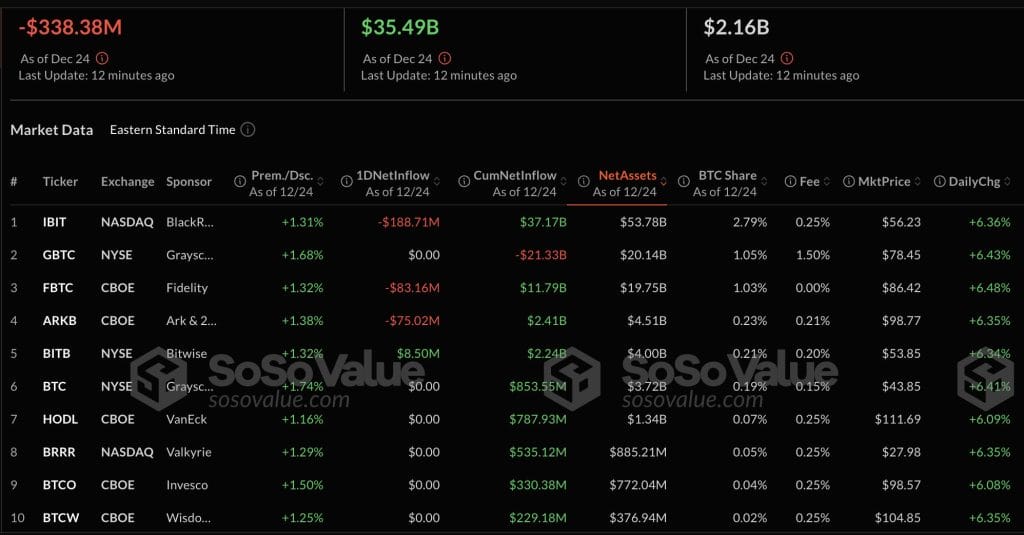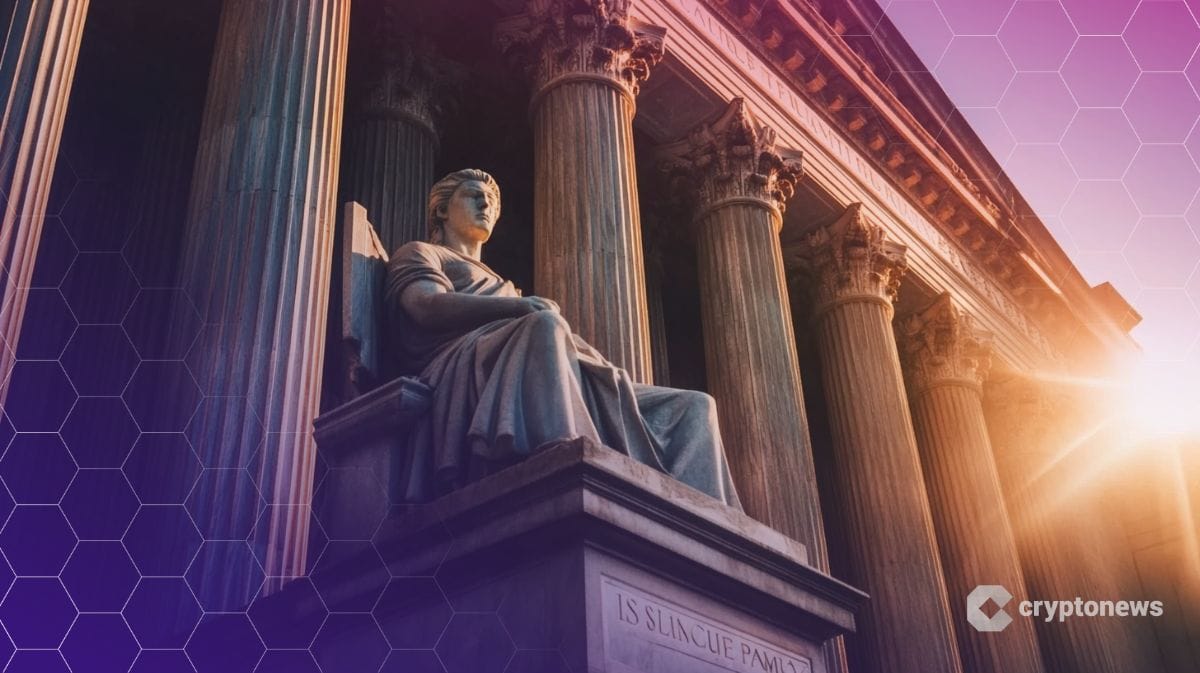Last updated:
 Why Trust Cryptonews
Why Trust Cryptonews

The California Department of Justice announced a $3.9m settlement with Robinhood on Wednesday.
This settlement resolves issues related to Robinhood’s failure to allow cryptocurrency withdrawals from 2018 to 2022. Additionally, it addresses the company’s lack of transparency in managing trades and handling orders.
Specifically, the settlement addresses Robinhood’s failure to transfer crypto to customers, forcing them to sell assets back to the platform. It also accuses Robinhood of misleading customers about crypto storage and trade execution, falsely claiming better pricing.
California’s First Major Crypto Enforcement Targets Robinhood’s Withdrawal Practices
California Attorney General Rob Bonta’s action represents one of the state’s first major public enforcements against a cryptocurrency company.
Per the settlement, Robinhood is obligated to allow customers to withdraw their crypto assets to external wallets, complying with legal standards. Additionally, the trading app must ensure its statements to customers accurately describe its trading practices, particularly regarding order routing and crypto transaction pricing.
Robinhood Hit with SEC Wells Notice After $65M Fine for Misleading Customers
Robinhood has faced similar regulatory issues in the past. In 2020, the SEC fined the company $65m for misleading customers about its revenue sources and failing to execute orders at the best prices. The SEC accused Robinhood of selling customer orders to market makers at high rates, which often prevented customers from getting the best trade prices.
Earlier this year, the SEC issued a Wells Notice to Robinhood, raising concerns about possible securities law violations in its crypto operations.
Robinhood’s CEO Vlad Tenev criticized the agency’s actions, calling them part of a broader “regulatory onslaught” against the cryptocurrency industry. He argued that these moves stifle innovation and disadvantage US companies and investors.




